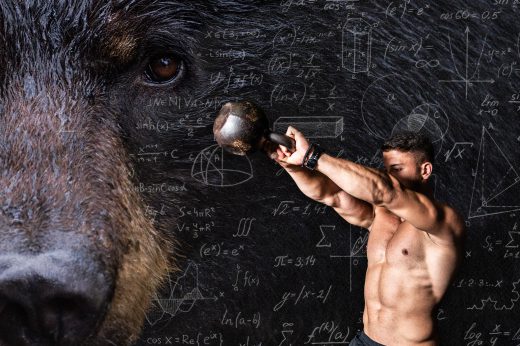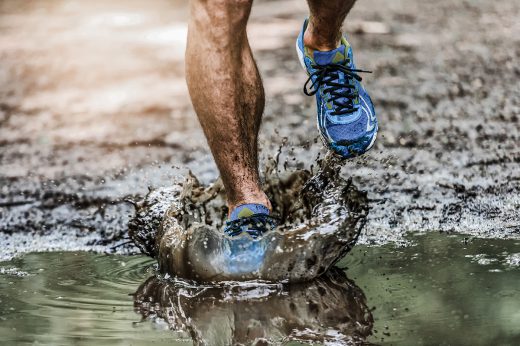What’s the first thing that nearly half of the world does before getting out of bed?
Check their phone. More specifically, check social media. We spend nearly four hours a day on our phones, and half of that time is spent on social media. Our brain is constantly flooded with information that informs, influences, and — whether we like it or not — shapes how we see the world and ourselves.
Insta-models or insta-regret?
Ten years ago, if we needed health and fitness information, we would probably consult a professional, pick up a copy of a fitness magazine, or search websites to gain knowledge. When you finished reading an article, it was done — you were given the benefit of a stopping point. Fast forward five years, and social media had changed the game. Social media platforms now code for infinite scrolling, and as the name suggests, that means you can just … keep … scrolling. You can consume a large amount of information in a short period of time without even clicking to a new page.
In a print magazine, we see fitness models as out-of-reach professionals. They’re not like me, we think. We view them and their training methods as superior and maybe a little out of reach. The same thing cannot be said on social media though. If you follow a fitness model about your age, in a house like yours, with a body like those in the magazines, it creates a sense of attainability. You’ll either be motivated to improve yourself, or you’ll begin self-doubting and wonder why you don’t look like that.
So how does this affect our health?
There is a correlation between social media and dopamine release in the brain. Dopamine is a neurotransmitter that helps control the brain’s pleasure and reward system, and cell phones and social media tamper with those receptors. Any time our phone rings or receives a text message, dopamine is released into the brain.
The brain also codes certain events based on reward prediction errors. For example, if you post a workout photo or exercise demonstration and it receives more likes and comments than expected, you now have a positive reward prediction error, aka you’re more likely to repeat whatever you did in that photo or video you posted.
Now, if you post and get less attention than expected, you will receive a negative prediction error, causing your brain to say, “don’t do this activity again.” This type of response could affect your motivation to keep doing that particular exercise, and over time, could even reduce your will to exercise.
Social media is merely a platform. It isn’t good or bad, in the same way that a weapon, in and of itself, is neither good or bad. A weapon has a greater ability for physical destruction; however, social media alters the way we live our lives. How we work, eat, sleep, interact with others, and — maybe most importantly — how we view ourselves. Being aware of the effects of social media on fitness is crucial to your overall wellbeing.
Don’t worry, it’s not all doom and gloom
We’re not suggesting that you give up your phone and social media completely, but there are a few things you can do to mitigate their effects:
- Have role models, but be cognizant of who you’re following on social media and how their posts affect you. If you’re a novice, it’s better to follow beginners’ pages rather than elite CrossFitters, power lifters, or bikini competitors.
- Limit your social media exposure to appropriate times of the day. Don’t allow a stampede of information to saturate your brain before your workouts.
- If you post something related to your health journey, don’t let those “likes” get to you. If your post isn’t getting attention, it’s probably because people haven’t seen it. Remember, many platforms now limit your “reach” on every post by using algorithms to decide what is shown on your followers’ newsfeed. If your followers have a strong interest in fitness, you have a high chance of receiving a lot of exposure. If you have a following with little interest in fitness, they are less likely to see what you post.
When you exercise, you naturally receive post-workout endorphins. Your body naturally releases dopamine and serotonin after strenuous work — no need to get the good stuff from “likes” and “follows.” Enjoy those well-earned endorphins, and don’t rely on others to validate your fitness experience!
This article was originally published Nov. 10, 2018, on Coffee or Die.










Comments